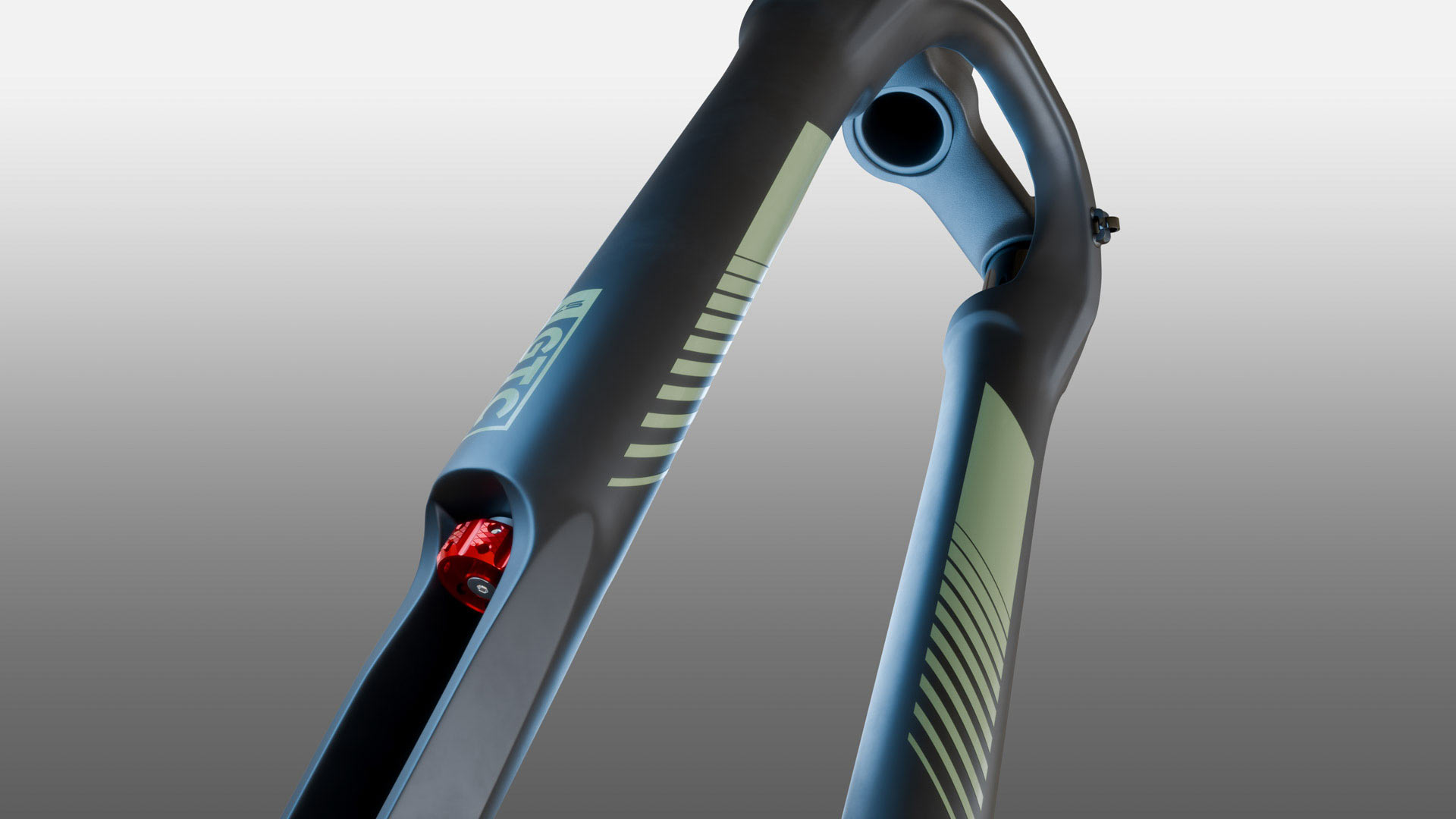KS hasn’t kept their new GTC gravel suspension fork a secret. It was on display in prototype form at Sea Otter in 2021, which looked completely different.

Then they showed it in near final form at Taipei Cycle Show in March 2023, along with a wireless dropper and inverted MTB fork concept. Now, finally, it’s official and available.
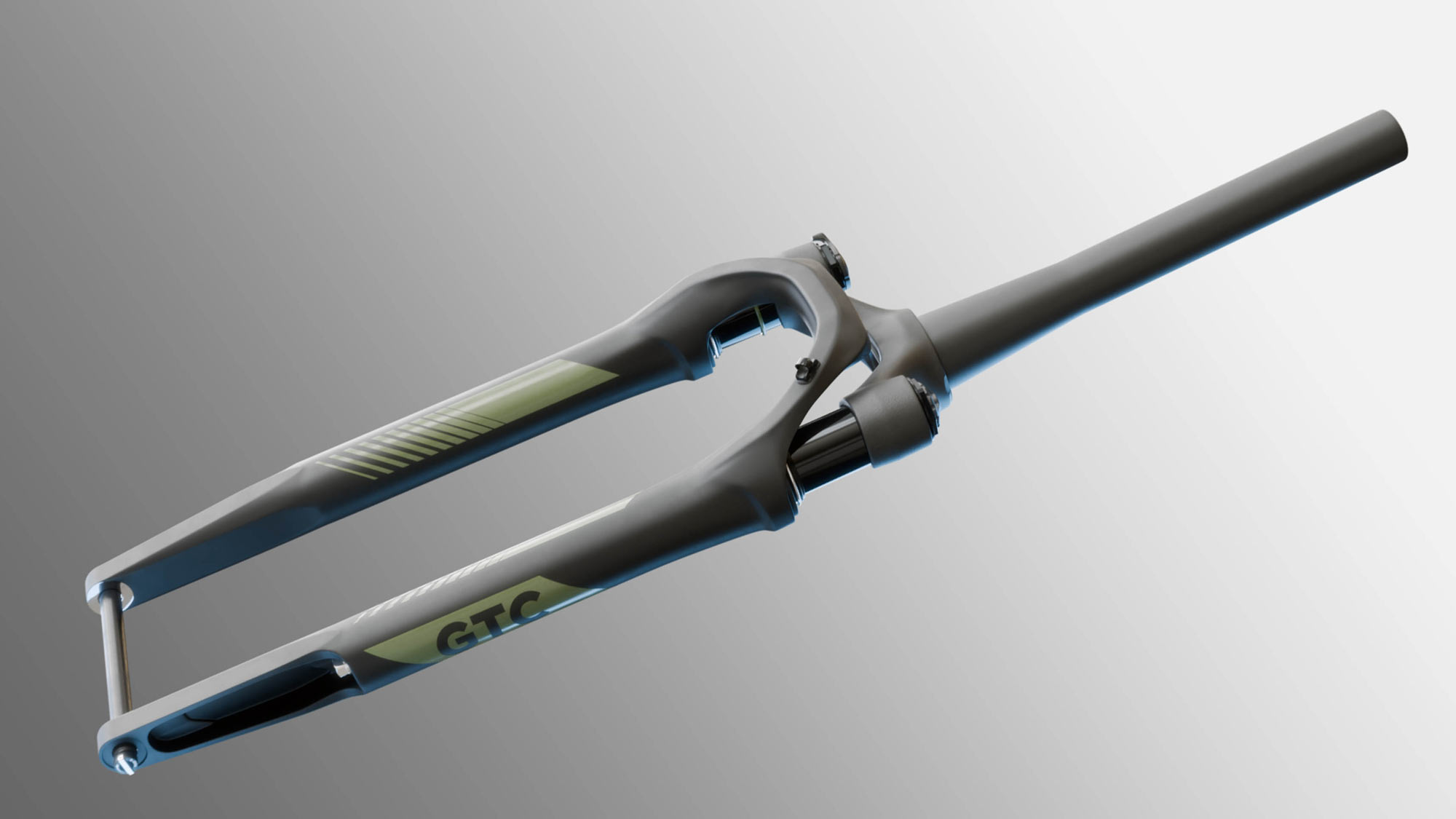
The KS GTC gravel fork has alloy dropouts bonded into carbon fiber legs and brake arch on the lowers, with an AL6066-T6 forged alloy crown and steerer. That combo gives it a reasonably low weight of 1,385g (claimed).
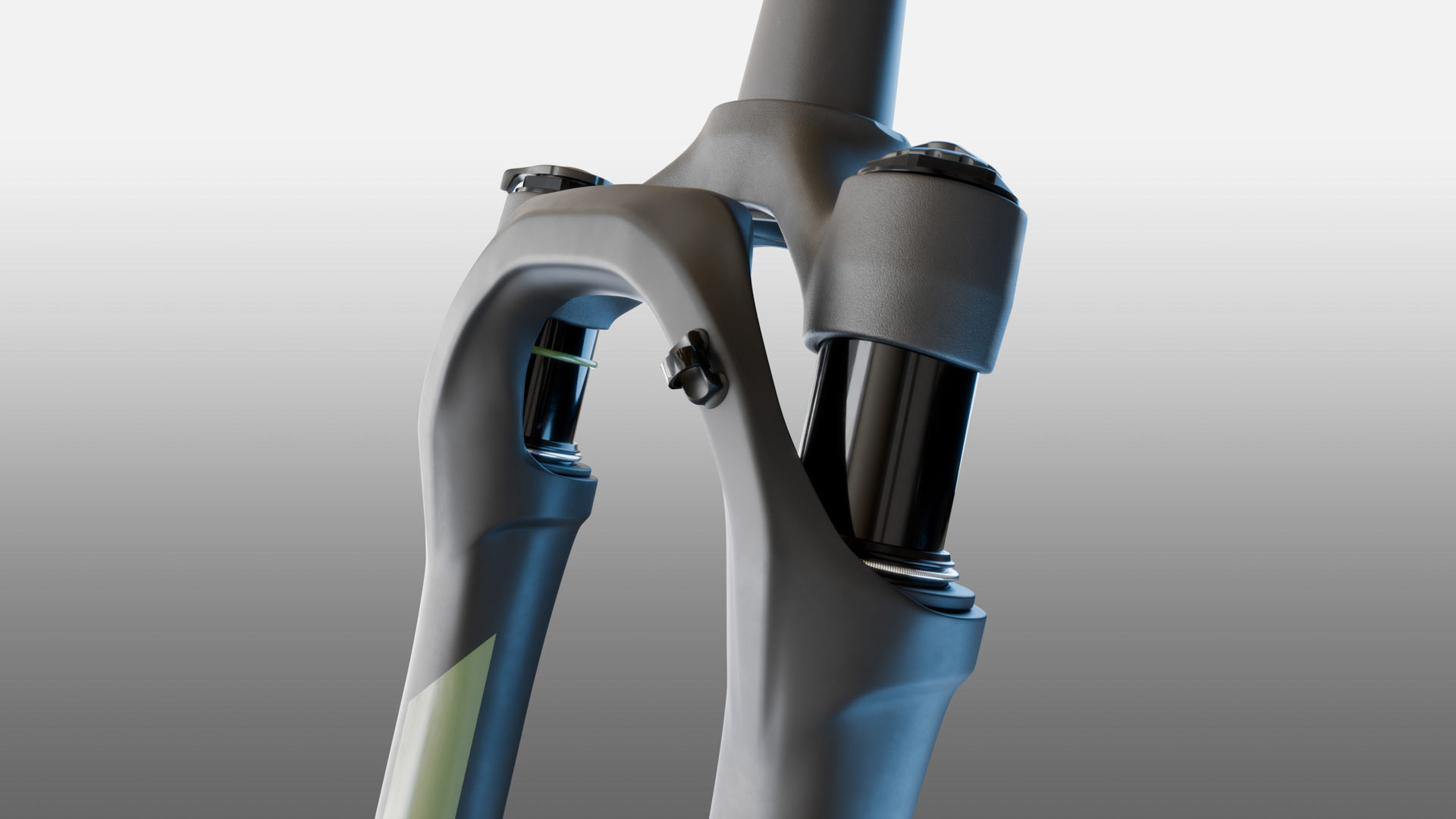
Travel is fixed at 40mm with an air spring and 30mm stanchions. Tire clearance is rated for 700x50mm, letting you fit the biggest rubber in there. It’s compatible with 160-180mm brake rotors, flat-mount rotors only.
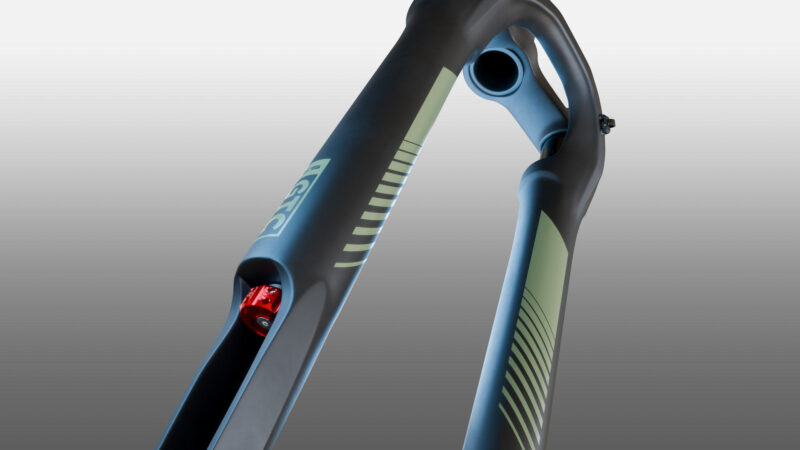
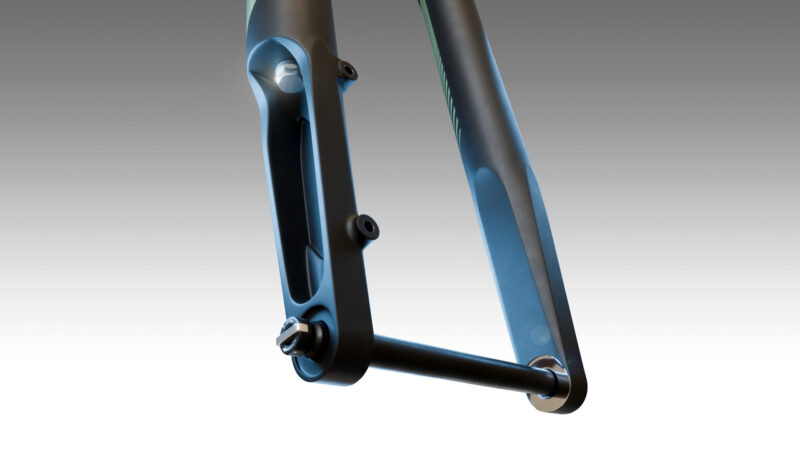
Adjustments include external low-speed compression with a lockout lever on top, and a rebound adjuster on the bottom.
The KS GTC fork is rated for e-gravel bike use, too, and comes with a stealth thru-axle with a hidden, slide-out lever. Here’s a quick recap of the specs:
- AL6066-T6 crown, steerer & dropouts
- High Modulus carbon lowers and brake arch
- 30mm stanchions
- 40mm travel
- 46mm offset
- Axle to Crown is 435mm
- 700×50 tire clearance
- Tapered steerer
- External compression & rebound dials w/ locket
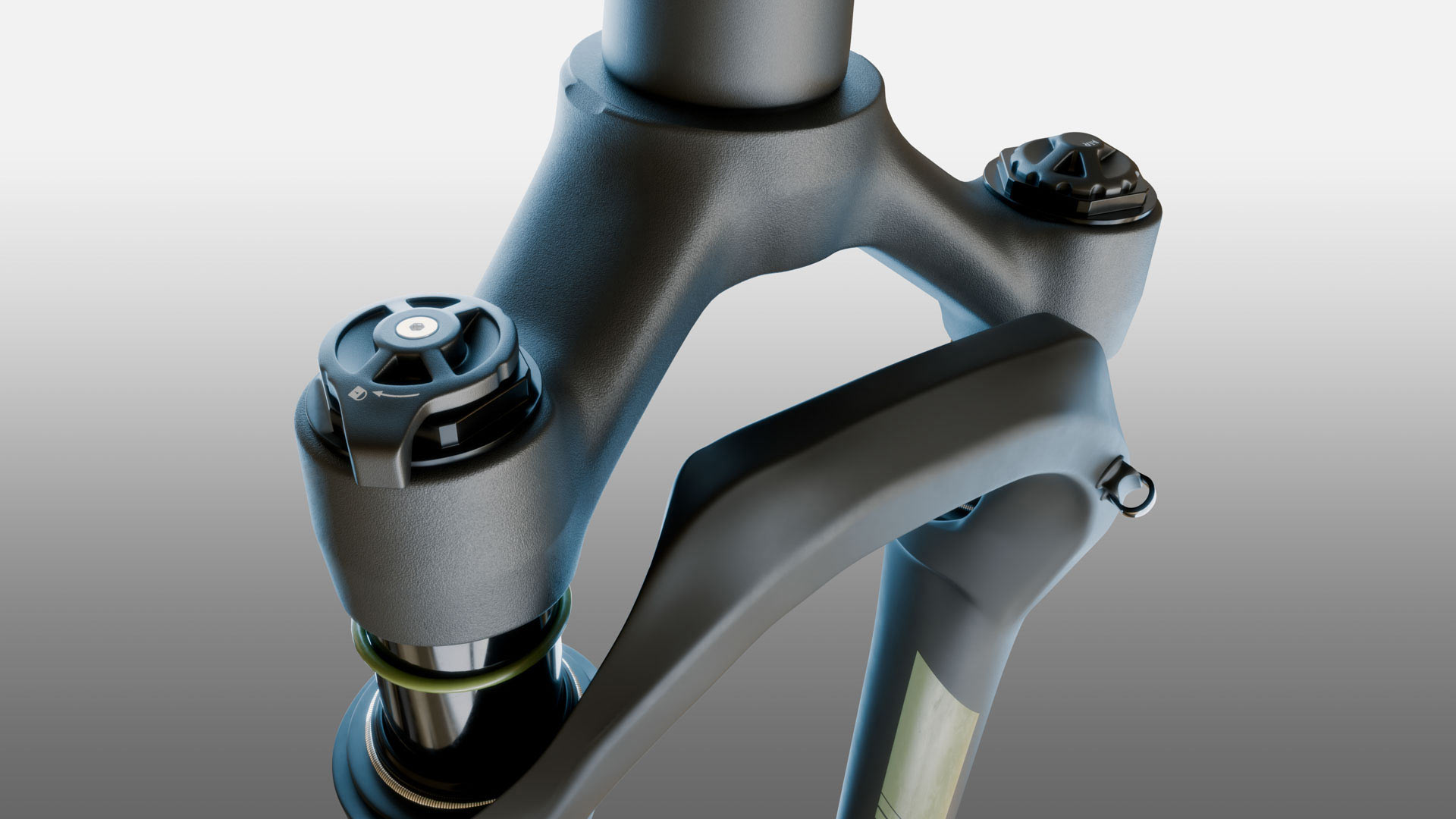
All this, and the MSRP is only $599. For the US, it’s available through dealers or direct from Bikefy.us.
